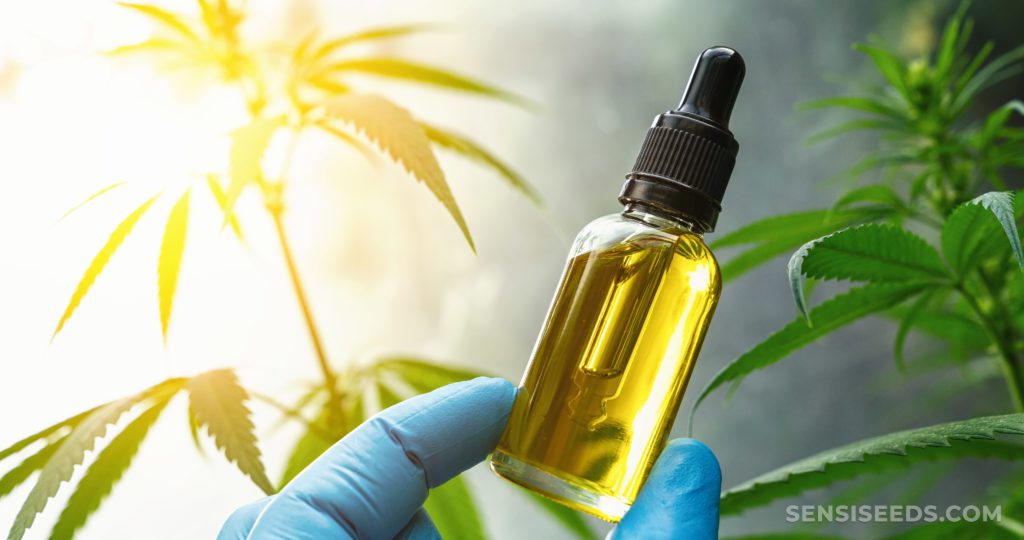Before discussing an opioid treatment program, it is important to understand the opioid addiction level in a person. There are factors like family history and length of time you had been in taking the opioids. Some things which started of aa pleasure or fun can be life-ruining. Any kind of drug addiction is harmful to the body and poses serious health hazards. The use of opioids affects the physical, psychological and emotional components of your body.
Opioids are a highly addictive substance that triggers the release of endorphins in the body. Endorphins boost the pleasure of feeling good and promote your well-being, temporarily. Once your body does not receive opioids, you will be not able to get good feelings and this is the first indication of addiction to opioids.
Opiates are derived from a plant called the poppy plant. Poppy plants produce opium which has addictive properties that can stimulate the release of endorphins in the body. This impacts the healthy functioning of the body. The main systems affecting the body are the brain and the nervous system. medication-Assisted treatment for Opioid Help.
The main parts of the brain that gets affected are:
The brain stem: It connects the brain to the spinal cord, and sends signals to other parts of the body to control the process like breathing, heart rate, and regulate balance.
The spinal cord: It carries the message from the brain and sends it to other parts of the body.
The limbic system: The system that controls a person’s emotional and behavioral response.
Opiate withdrawal symptoms could be life-threatening in extreme cases. The lack of opiates on the opioid receptors leads to the abnormal release of endorphins. The withdrawal symptoms start within 48-72 hours of the last use and most the addicts suffer different levels of physical and mental discomforts.
Physical withdrawal symptoms
Restless leg syndrome
Pain in muscles, bones, or joints
Insomnia
Diarrhea and Vomiting
Abdominal cramping
Body aches
Restlessness
Psychological withdrawal symptoms
Anxiety
Depression
Distorted thinking
Psychosis
Impulsiveness
Irritability
Racing Thoughts
Lack of Concentration
How is opiate detoxification done?
Proper detoxification with the help of drugs administered by licensed drug rehabilitation centers, can reduce these withdrawal symptoms to an extent. Proper medications can also help in relieving withdrawal symptoms. A licensed health practitioner will evaluate the person’s condition and monitor it before deciding on the treatment program. With good medical support and service from well-trained staff 24 hours and 7 days a week, the person will have a comfortable, safe, and relaxed feel. Even though detoxification is not an easy one to handle, it can help you in getting back to your normal life.
Opioid treatment program
After the detoxification is done, the opiate abuser should seek medical help through an inpatient facility. This will help the abuser in building sobriety and a peaceful mind on the path of recovery while returning home. Addressing the problems, physical or mental, will help in faster recovery and it proves to be a great opportunity to work on their real problems or issues that they are going on with.
The opioid treatment program and the addiction treatment centers take each opiate case with utmost importance so that each individual gets the required care and attention to live and lead a better life. Each individual’s need is understood and respected to give them a better and healthy life. The opioid treatment program consists of 12 step program, complex therapeutic practices, and recreational activities.
There are three levels of care given to opiate abusers in the opioid treatment program at the treatment centers.
Inpatient rehab
Inpatient rehab is a treatment method, where the patient needs to stay in the treatment center or at a particular facility for a particular period. Partial hospitalization programs are the next level of treatment after detoxification and once the person is stabilized in the residential treatment. The true healing of the mental components of a person takes place in this program.
This is the most intensive treatment method for people who have just started to recover from substance abuse. Some people will face great difficulty in getting out of the substance abuse or cannot control the overdose of the drug.
Outpatient rehab
After completing the inpatient rehab program, the next treatment for the people in the intensive outpatient rehab(IOP). The IOP provides support and monitors the patients as they are getting back to their normal life. They can stay at home and attend treatment and meetings as and when required.
IOP is beneficial for patients because they do not have to stay at the treatment center. It might not be practical for certain people due to job or family commitments. For some people, it could be beneficial, if they need extra assistance or do not have support at home.
Outpatient addiction counseling
It is good to have addiction counseling that will help the patient in the path of recovery and will be a great support in the journey to sobriety. A counseling session is always a good mental relief for the patients as they can openly express their discomfort and difficulties they are facing in life.
There are specialized addiction programs included too:
Medical Assisted Treatment
Opioid addiction is one of the addictions that is difficult to recover from because of the harsh impact that it does on a person’s body and brain. Overdose of the drug leads to serious health issues and might lead to death too. These factors have made medical-assisted programs increasingly popular.
The medically assisted programs use Vivitrol, suboxone, or methadone, which help the patient in recovering from withdrawal symptoms and reduce the desire for the drug in recovering patients.
Faith-Based Recovery Program
Faith-based recovery programs are a great relief for people who believe in the power of faith. The power of faith has helped people in transforming their lives. There is no conflict between the treatments, be it advanced medical approaches or faith-based. What matters is the recovery of the addicts and how each person can co-operate with the treatment program to get back to life.

 How to Generate your E-Shram Card? Apply Online
How to Generate your E-Shram Card? Apply Online The Impact of Advanced SEO Techniques on Online Visibility
The Impact of Advanced SEO Techniques on Online Visibility Emirates Multi-City Flights Are Cheaper or Not?
Emirates Multi-City Flights Are Cheaper or Not? What Makes FamiSafe A Perfect Choice For Your Child Safety
What Makes FamiSafe A Perfect Choice For Your Child Safety How Technology is Changing Long-Distance Moving
How Technology is Changing Long-Distance Moving The Role of Certifiers in Commercial Development
The Role of Certifiers in Commercial Development Fun88 รีวิวเว็บคาสิโนออนไลน์ ใบอนุญาต ฟีเจอร์เด่น พร้อมแชร์ทางเข้า Fun88แท้ อัพเดทใหม่
Fun88 รีวิวเว็บคาสิโนออนไลน์ ใบอนุญาต ฟีเจอร์เด่น พร้อมแชร์ทางเข้า Fun88แท้ อัพเดทใหม่ Everything You Need To Know About The Champions League Final
Everything You Need To Know About The Champions League Final